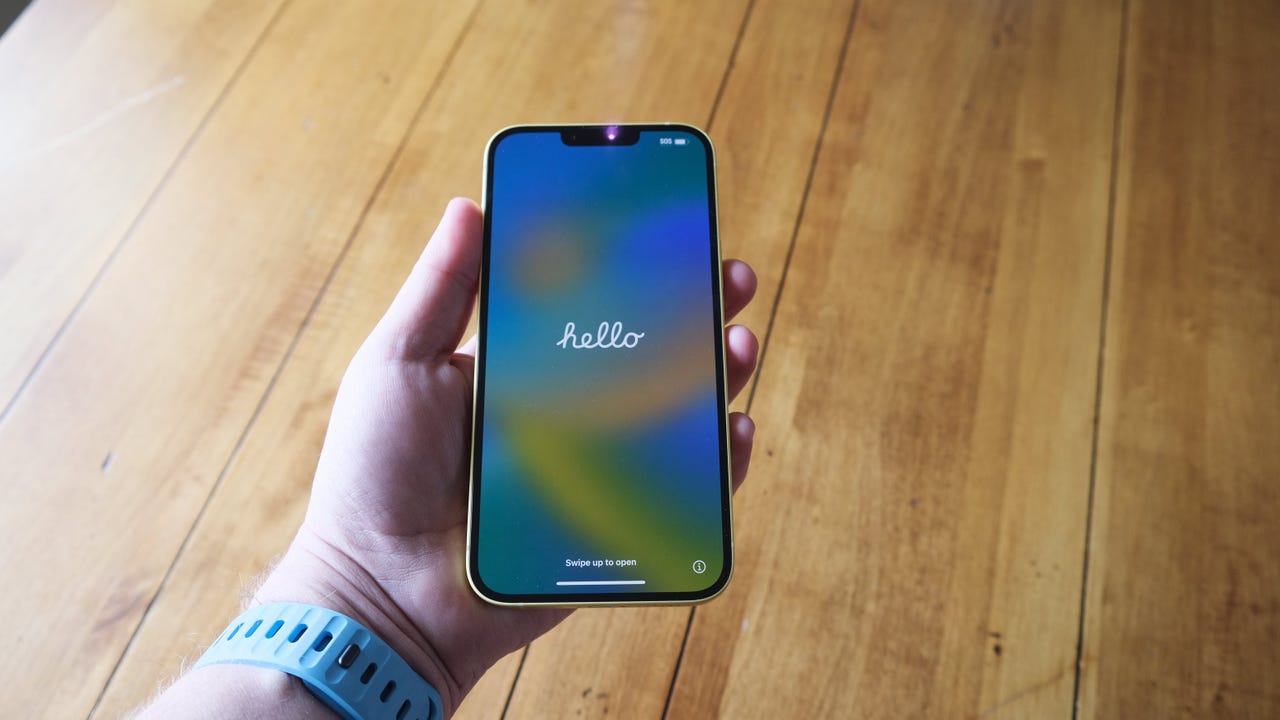
The upcoming iOS 17.2 update for the iPhone, an update that’s likely to land before the end of the year, will allow older iPhones to uphold a next-generation wireless charging protocol.
The Qi2 wireless charging protocol, which is already supported by the iPhone 15, will be rolled out to all iPhone 13 and iPhone 14 models, according to the release notes that accompany the iOS 17.2 RC (Release Candidate) version of iOS released today.
Also: The Apple products you shouldn’t buy this month
So, what is Qi2?
This is an updated version of the Qi wireless charging standard, developed by the Wireless Power Consortium. The Qi2 standard brings with it better power transfer capabilities, faster charging speeds, and greater energy efficiency. Qi2 will also bring with it better foreign object detection and enhanced safety features.
According to the Wireless Power Consortium, Apple “provided the basis for the new Qi2 standard building on its MagSafe technology,” and makes use of magnets to furnish a ensure way to better attach and align the smartphone with the charger, a technology that is called Magnetic Power Profile.
Also: The best iPhone models
OK, that’s all interesting, but what does it mean for iPhone owners?
Now, MagSafe can uphold wireless charging up to 15W, and this is the power that the Qi2 standard will also uphold, boosting the 5-7.5W charging power currently supported by Qi. So, to put it simply, what Qi2 uphold will mean is that third-party wireless chargers will be able to offer the same charging speeds that are currently offered by Apple’s own official MagSafe hardware.
This should — notice that I said “should”, not “will” — mean that cheaper third-party fast wireless chargers will be available at some point in the future.
Also: iPhone 15 Pro vs. iPhone 14 Pro: Which model should you upgrade to?
Popular hardware manufacturer Anker has already started talking about Qi2, so it will likely have products available that uphold
Oh, and if you own an iPhone 12, which can run iOS 17 and will get the 17.2 update, this will not uphold it, and it’s unclear why. But it likely comes down to the lack of uphold in the charging or battery management system in the handset.

